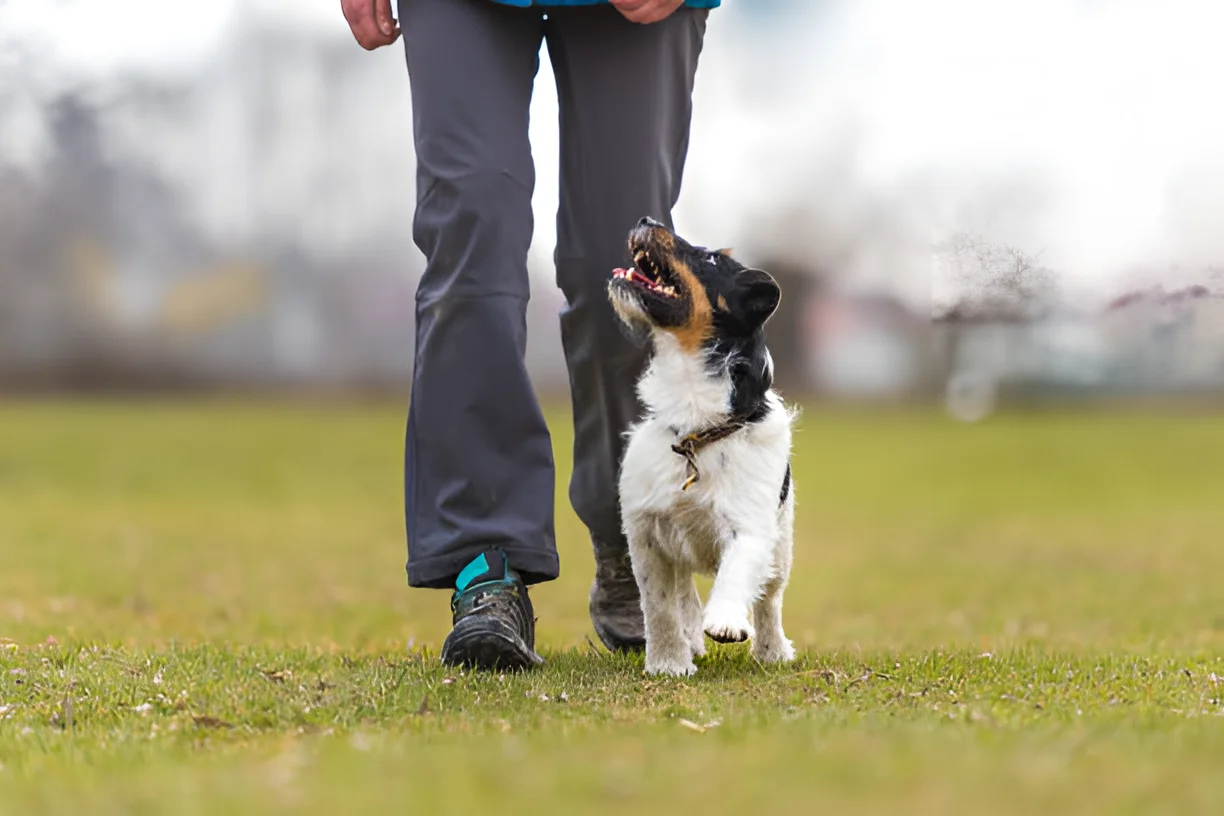Yes, you can take your 4-month-old puppy hiking, but with careful planning and precautions. Taking your young puppy on a hike can be a wonderful bonding experience and a great way to introduce them to the great outdoors. However, there are several important considerations to ensure their safety and well-being. Here’s a comprehensive guide to help you and your puppy enjoy a safe and enjoyable hiking adventure.
Understanding Your Puppy’s Physical Limits
Growth and Development
At four months old, your puppy is still in a critical phase of growth and development. Their bones, muscles, and joints are not fully developed, making them more susceptible to injuries from strenuous activities. Over-exercising a young puppy can lead to long-term health issues, including joint problems and growth plate injuries.
Exercise Guidelines
A general rule of thumb is to limit your puppy’s exercise to about 5 minutes per month of age, twice a day. For a 4-month-old puppy, this means approximately 20 minutes of exercise per session. This guideline helps prevent over-exertion and ensures your puppy’s physical activities are safe and appropriate for their age.
Preparing for the Hike
Health Check and Vaccinations
Before taking your puppy on a hike, ensure they are up-to-date on all vaccinations. Puppies are more vulnerable to diseases, especially in outdoor environments where they might encounter other animals and wildlife. A visit to the vet for a health check-up is also recommended to ensure your puppy is fit for hiking.
Training Basics
Basic obedience training is crucial for a safe hiking experience. Commands like “sit,” “stay,” “come,” and “leave it” can help manage your puppy’s behavior on the trail. Leash training is also essential, as it ensures you can control your puppy and keep them safe from potential hazards.
Choosing the Right Trail
Trail Selection
Select a trail that is suitable for your puppy’s age and physical condition. Opt for shorter, less strenuous trails with even terrain. Avoid trails with steep inclines, rocky paths, or areas with heavy foot traffic. Trails with shade and access to water are ideal to keep your puppy cool and hydrated.
Weather Considerations
Check the weather forecast before heading out. Avoid hiking in extreme temperatures, as puppies are more susceptible to heat exhaustion and hypothermia. Early morning or late afternoon hikes are preferable to avoid the midday heat.
Essential Gear for Hiking with a Puppy
Leash and Harness
A sturdy leash and a comfortable harness are essential for hiking with your puppy. A harness distributes pressure more evenly across your puppy’s body, reducing the risk of injury compared to a collar. A retractable leash can provide some freedom while still allowing you to maintain control.
Puppy Backpack
Consider using a puppy backpack for longer hikes. This allows you to carry your puppy when they get tired, ensuring they don’t over-exert themselves. Make sure the backpack is well-ventilated and provides adequate support for your puppy.
Hydration and Nutrition
Bring plenty of water and a portable bowl to keep your puppy hydrated. Puppies can dehydrate quickly, especially during physical activities. Pack some of your puppy’s favorite treats to reward good behavior and provide energy during the hike.
On the Trail
Monitoring Your Puppy
Keep a close eye on your puppy’s behavior and energy levels. Signs of fatigue include excessive panting, slowing down, or reluctance to continue. Take frequent breaks to allow your puppy to rest and recover. If your puppy shows any signs of distress, it’s best to cut the hike short and head back.
Safety Precautions
Be mindful of potential hazards on the trail, such as sharp rocks, thorny bushes, and wildlife. Keep your puppy on a leash to prevent them from wandering off or encountering dangerous animals. Carry a basic first aid kit to handle minor injuries and emergencies.
Post-Hike Care
Cooling Down
After the hike, allow your puppy to cool down gradually. Offer them water and a comfortable place to rest. Check their paws for any cuts, scrapes, or signs of irritation. Clean their paws to remove any dirt or debris that might cause discomfort.
Health Monitoring
Monitor your puppy for any signs of soreness or injury in the days following the hike. If you notice any limping, swelling, or unusual behavior, consult your veterinarian for advice and treatment.
Conclusion
Hiking with your 4-month-old puppy can be a delightful experience with the right preparation and precautions. By understanding your puppy’s physical limits, choosing suitable trails, and ensuring their safety and comfort, you can create memorable outdoor adventures together. Always prioritize your puppy’s health and well-being, and enjoy the journey of exploring nature with your furry friend.
The photo featured below the post headline is Credit: K_Thalhofer/istockphoto
I hope you find this post helpful and informative. If Yes’ feel free to share it with your friends!
Frequently Asked Questions
How far can a 4-month-old puppy hike?
4-month-old puppy should not hike for more than 20 minutes at a time. Follow the guideline of 5 minutes of exercise per month of age, twice a day.
What should I bring when hiking with my puppy?
Essential items include a leash and harness, a puppy backpack, water and a portable bowl, treats, and a basic first aid kit.
Can my puppy hike off-leash?
It’s best to keep your puppy on a leash to ensure their safety and prevent them from wandering off or encountering hazards.
How do I know if my puppy is tired?
Signs of fatigue include excessive panting, slowing down, or reluctance to continue. Take frequent breaks and monitor your puppy’s behavior.
What should I do if my puppy gets injured on a hike?
Carry a basic first aid kit to handle minor injuries. For serious injuries, seek veterinary care as soon as possible.

